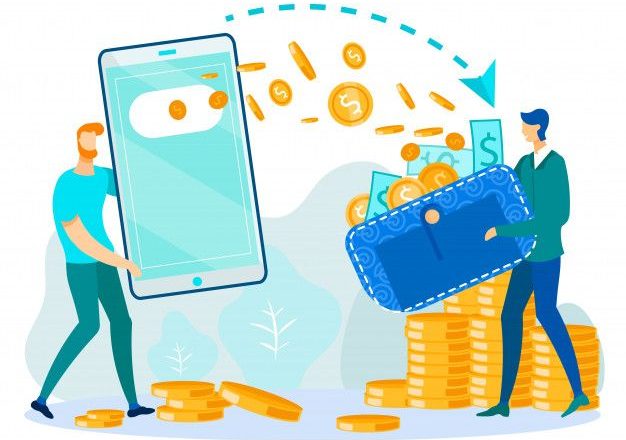In today’s digital age, managing finances has become increasingly convenient and straightforward. With just a few taps on a smartphone, individuals can send and receive money effortlessly. However, when it comes to cashing out small payments, the decision isn’t always clear-cut. There are both pros and cons to consider when deciding whether to cash out those seemingly insignificant sums. This blog post will explore the various aspects of Cashing out small payments (소액결제 현금화), providing insights into the potential benefits and pitfalls you might encounter along the way.
Understanding the Appeal of Quick Cash
One of the primary advantages of cashing out small payments is the immediate access to funds. Whether it’s funds from a side hustle, a small refund, or gifts, having cash on hand can provide a sense of financial security. This immediate access can be particularly appealing in unexpected expenses or when you need some extra cash for daily needs. Furthermore, cashing out small payments can help individuals maintain better control over their finances. By having the cash in hand, it’s easier to track spending and budget effectively. The physical act of handling money can also lead to more mindful spending habits, as people tend to be more cautious with cash than with digital transactions.
Avoiding the Pitfalls of Cash-Out Fees
While the prospect of accessing quick cash is enticing, cashing out small payments often comes with fees that can quickly add up. Many financial institutions and payment platforms impose service fees that make withdrawing small amounts less cost-effective. These fees can eat into your earnings, especially when dealing with frequent small transactions. Additionally, cashing out small payments may not be the most efficient choice for long-term financial growth. Instead of immediately withdrawing funds, individuals could consider leaving their money in digital accounts that offer interest or investment opportunities. In this way, small payments can accumulate over time, potentially yielding greater returns.
Balancing Convenience and Financial Goals
Another critical consideration is the impact of cashing out small payments on your overall financial goals. While quick cash might satisfy short-term needs, it could hinder long-term financial planning. For instance, if you’re working towards a specific savings goal or aiming to build an emergency fund, constantly cashing out small payments could impede progress. It’s essential to strike a balance between immediate access to funds and your broader financial objectives. Evaluating your financial situation and goals can help determine when it makes sense to cash out small payments and when it’s better to leave them untouched.
In conclusion, the decision to cash out small payments requires careful consideration of both the pros and cons. While cashing out can provide immediate access to funds and enhance financial control, it also comes with potential drawbacks, such as fees and the impact on long-term savings. By weighing these factors, individuals can make informed choices that align with their financial goals and needs. Ultimately, finding the right balance between convenience and financial prudence will empower individuals to make sound financial decisions in an increasingly cashless world.

